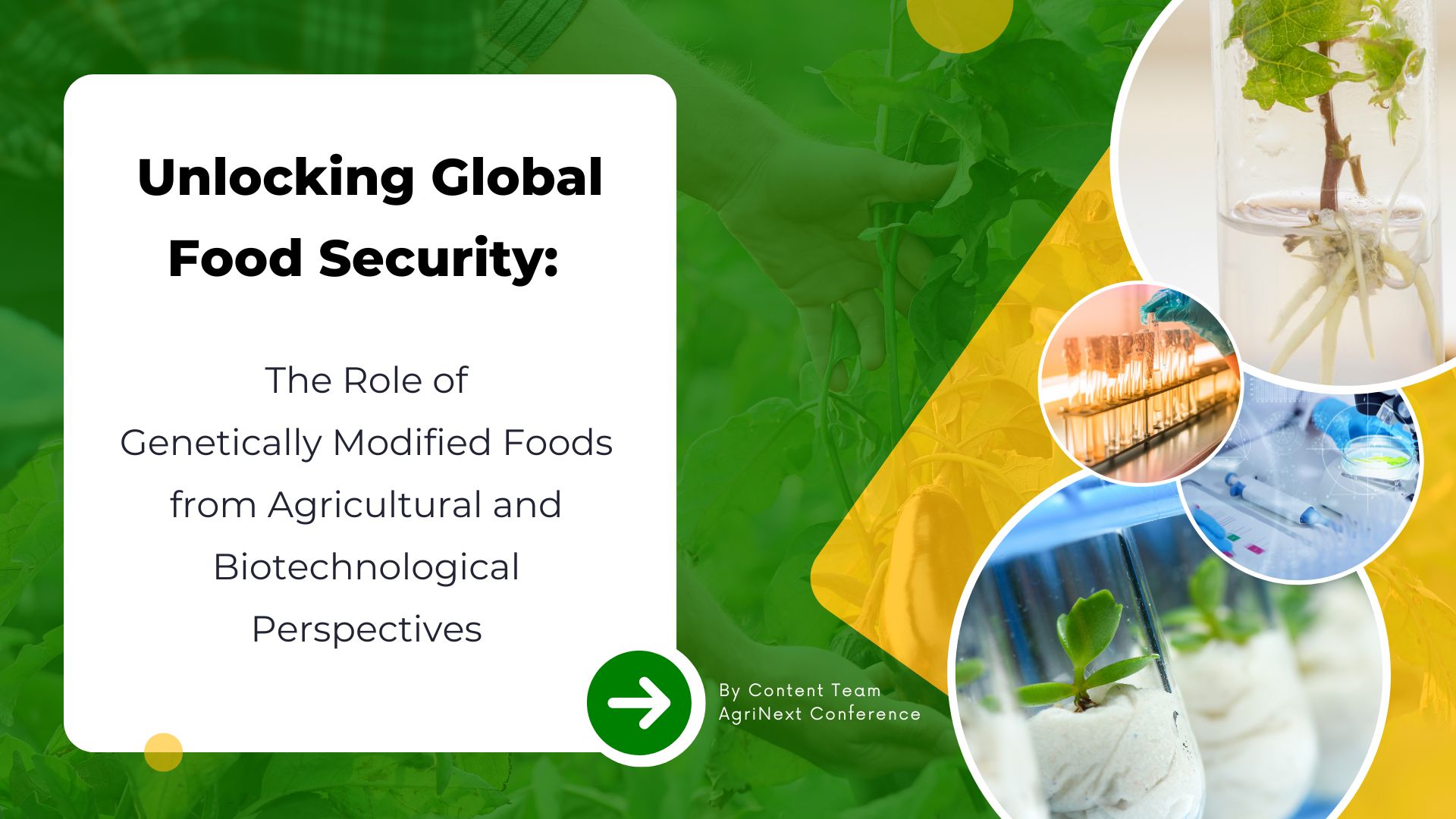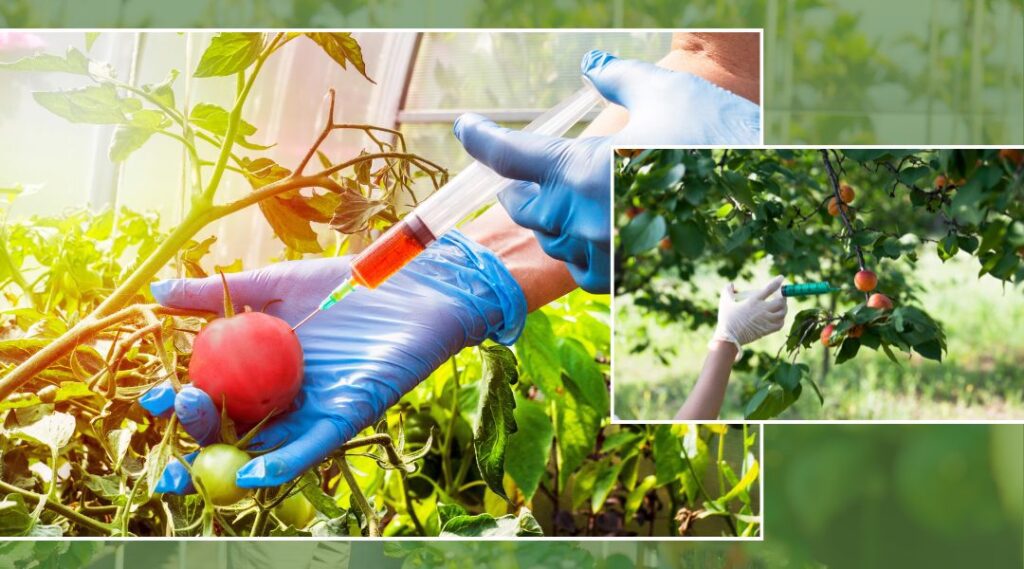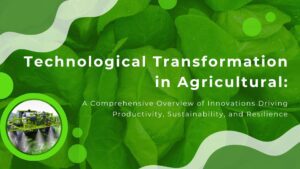
Genetically Modified Foods in Agricultural Innovation
From an agricultural and biotechnological perspective, genetically modified (GM) foods have the potential to contribute significantly to feeding the world’s growing population. By enhancing traits such as pest resistance and nutritional content, genetically modified foods naturally bolster crop yields and address malnutrition. However, the adoption of genetically modified foods isn’t without controversy. Concerns about safety, environmental impact, and corporate control of seed resources necessitate rigorous scrutiny and transparent regulatory processes. Despite these challenges, genetically modified foods present a promising avenue for sustainable agriculture, offering innovative solutions to global food security challenges.
Table of Contents
The rationale behind this are:
Increased Crop Yield:
GM crops can be engineered to be more resistant to pests, diseases, and environmental stresses such as drought or extreme temperatures. This can lead to increased crop yields, ensuring more food is available to meet the demands of a growing population.
Improved Nutritional Content:
Biotechnological advancements allow for the enhancement of the nutritional content of crops. For example, biofortification techniques can increase the levels of essential vitamins and minerals in staple crops, addressing malnutrition issues in certain regions.

Reduced Dependency on Chemical Inputs:
Some GM crops are engineered to be resistant to certain herbicides, allowing for more efficient weed control. This can reduce the need for chemical herbicides and pesticides, leading to environmental benefits and potentially lower production costs for farmers.
Adaptation to Climate Change:
GM technologies can be used to develop crops that are more resilient to the effects of climate change, such as increased temperatures, changing rainfall patterns, and soil degradation. This adaptability is crucial for maintaining agricultural productivity in the face of changing environmental conditions.
Faster Crop Development:
Biotechnology allows for the accelerated breeding of crops with desirable traits, reducing the time required to develop new varieties that can address specific agricultural challenges, including the cultivation of Genetically Modified Foods. However, it’s important to note that the adoption of GM crops is not without controversy. Concerns about food safety, environmental impact, and socio-economic issues, such as the control of seed resources by a few large corporations, need to be addressed through rigorous scientific research, transparent regulatory processes, and inclusive policy discussions.
“I suspect any worries about genetic engineering may be unnecessary. Genetic mutations have always happened naturally, anyway.”
– JAMES LOVELOCK
Conclusion
While genetically modified foods have the potential to play a significant role in addressing global food security challenges, their deployment should be accompanied by thorough risk assessments and regulatory frameworks to ensure their safe and responsible use. Additionally, efforts should be made to address concerns and ensure equitable access to the benefits of GM technology for farmers and consumers worldwide.
AgriNext Awards,Conference & Expo
The upcoming AgriNext Awards, Conference & Expo promises to be a pivotal event in the realm of agriculture, heralding a new era of innovation and sustainability. This premier gathering will shine a spotlight on visionary individuals and groundbreaking initiatives driving progress in agricultural practices. Offering a diverse lineup of speakers, engaging interactive sessions, and ample networking opportunities, the conference will serve as a dynamic hub for thought leadership and collaboration. It will bring together industry pioneers, esteemed researchers, influential policymakers, and aspiring entrepreneurs, fostering an environment conducive to the exchange of ideas and the exploration of innovative solutions to pressing agricultural challenges.

